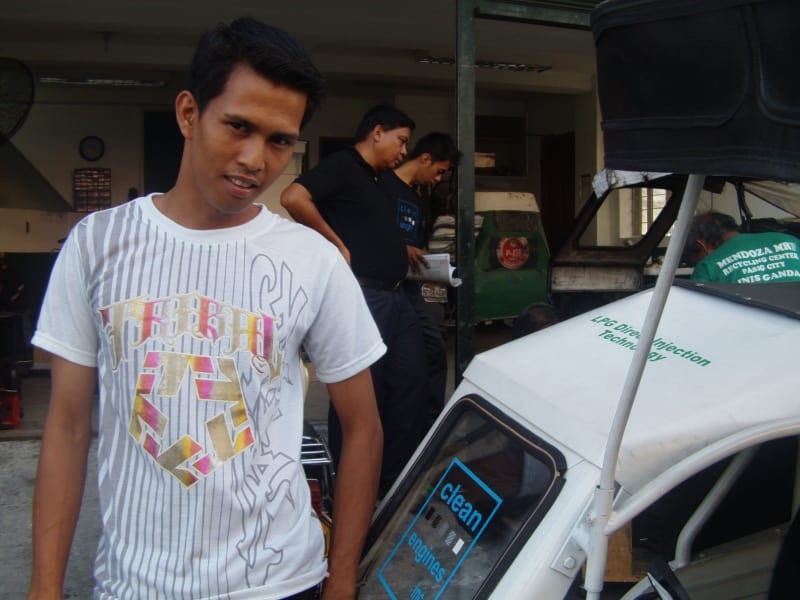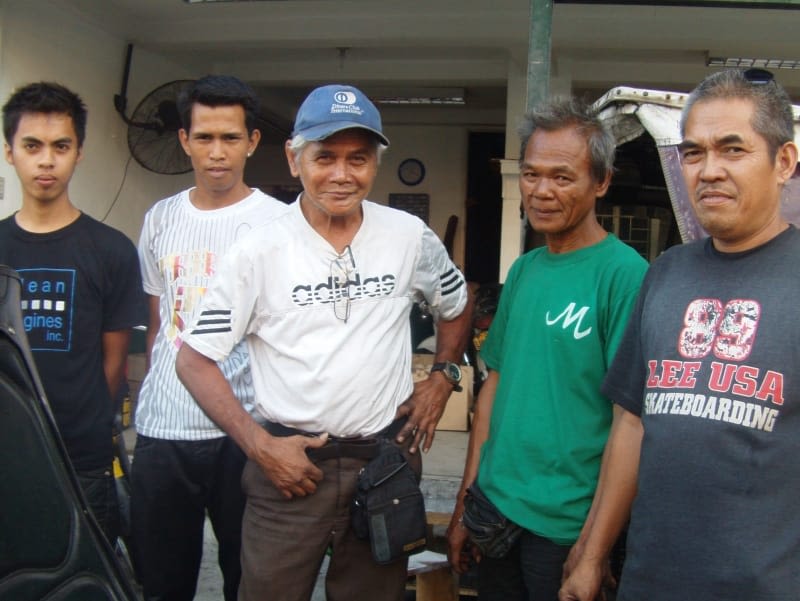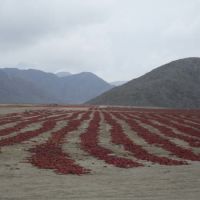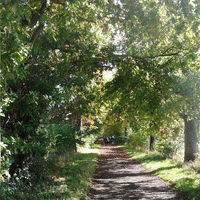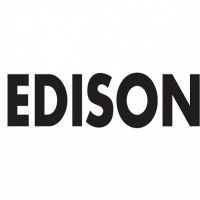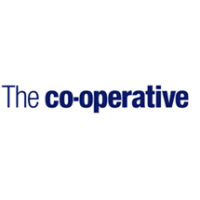Philippines
Loan description:
In the first initiative of its kind on lendwithcare, we are collaborating with our local partner in the Philippines, SEEDFINANCE, to reduce air pollution by encouraging local tricycle taxi drivers to switch over from two-stroke petrol and diesel powered engines to liquefied petroleum gas. The first loan was fully funded in just a few days so this loan will enable a further 50 drivers to benefit.
In the Philippines motorised tricycle taxis (similar to a rickshaws) are the most common mode of transportation, particularly for low-income people. Approximately 84% of the country’s population depends on tricycles for transport. Of the approximately 1.5 million registered tricycles in the Philippines, 70% have polluting two-stroke engines. In many large Philippine cities, vehicle emissions from are one of the primary causes of air pollution, which in turn leads to various respiratory illnesses. The local council of Mandaluyong City, part of Metropolitan Manila the largest urban area in the Philippines, has recently enacted legislation requiring all tricycles to switch over to cleaner liquefied petroleum gas (LPG). While beneficial in the long-term, in the short-term it is a significant expense for tricycle taxi drivers.
A company called Clean Engines Incorporated (CEI) has introduced a Liquefied Petroleum Gas (LPG) toolkit to enable existing tricycles to switch over from polluting diesel and petrol to LPG. Once this kit is installed, not only is air pollution significantly reduced but tricycle drivers also spend less money on fuel. On average, a typical tricycle driver uses three litres of petrol/diesel a day costing a total of 150 Philippines pesos. Assuming that the driver works an average 22 days a month, the total monthly cost of fuel is 3,300 Philippine pesos. Switching over to LPG the driver will on average spend 99 Philippine pesos a day or 2,178 Philippine pesos a month; for the same amount of days worked resulting monthly savings of 1,122 Philippine pesos (approximately US$28).
CEI entered into a partnership with lendwithcare’s microfinance partner in the Philippines, SEEDFINANCE. CEI initially installed LPG toolkits on 15 two-stroke tricycles as part of a pilot project in order to test the effectiveness and efficiency of the product. Some minor maintenance issues were rectified during this pilot stage and as a result CEI has improved and modified the toolkits.
SEEDFINANCE has requested a large loan of $25,000 in order to provide smaller loans of $500 to 50 motorized tricycle taxi drivers in Mandaluyong City in so that they can pay for their vehicles to be switched over to LPG. The loans are to be provided through a local financial co-operative called The Rizal Technological University Employees Multi-Purpose Cooperative (RTU-KMPC). The loans will be repaid over 18 months. The RTU-KMPC will require tricycle drivers to become members before providing them with a loan to purchase the LPG toolkit. As members they will also be entitled to access other financial and non-financial services of the co-operative and also share in its profits.
The various parties involved, SEEDFINANCE, CEI and the RTU-KMPC are liaising with the Mandaluyong City local government not only to stress the environmental and fuel efficiency aspects of the switch from diesel to LPG, but also to assist local tricycle drivers to pay for the change. CEI will provide training to LPG toolkit users, provide warranties, and establish several maintenance shops throughout the city. The aim is to eventually extend the project and provide loans to more tricycle drivers and make Mandaluyong City a cleaner, less polluted and more pleasant place to live and work, and hopefully a role model to other cities in the Philippines.
Loan added: 30 March 2013
Auto rickshaw drivers via's loan repayment schedule
| Date | Expected repayments | Actual repayments |
|---|---|---|
| £1,689.19 | ||
| £938.44 | ||
| £938.44 | ||
| £938.44 | ||
| £938.44 | ||
| £938.44 | ||
| £938.44 |
The above amounts are indicative, based on the exchange rate the day this loan was added to the website. The actual amounts you will receive will be based on an exchange rate at the time the repayment is returned to your account. See our Help Centre for more information.
